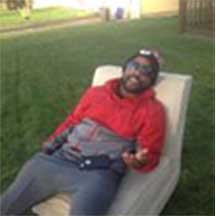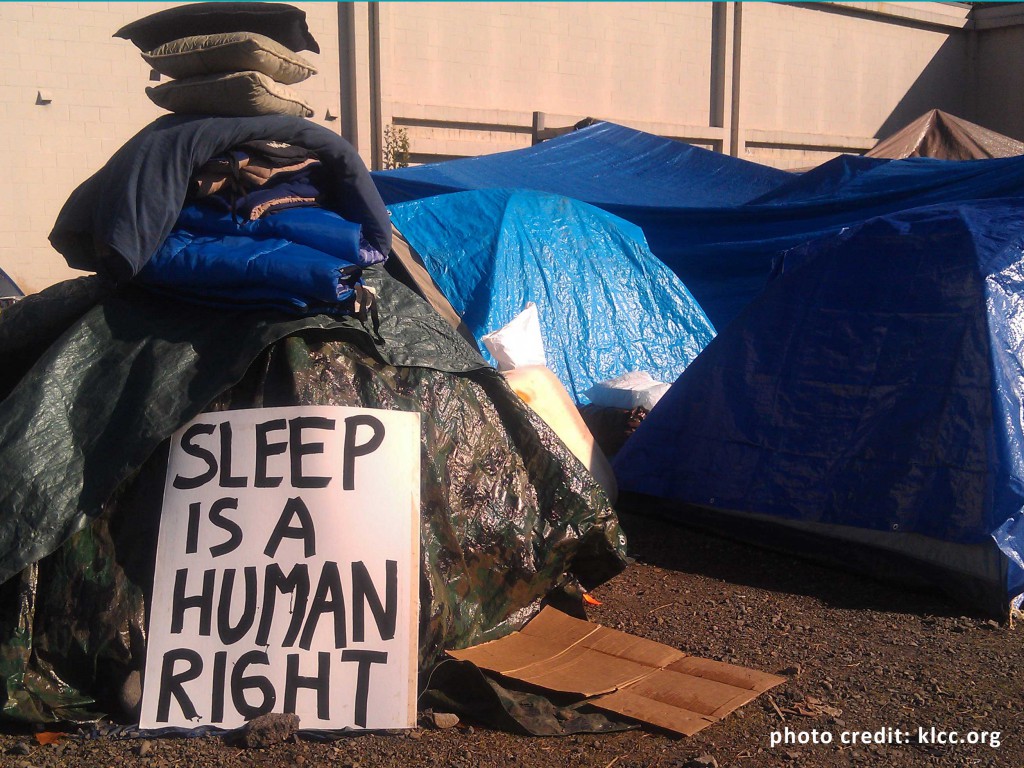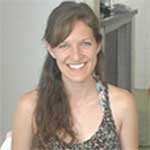The first time I had a close interaction with an unhoused individual was when I was in the 6th grade. I was attending the Environmental Middle School (EMS) in Portland Oregon, which is a magnet school that has a strong emphasis in community development and environmental awareness. One key component to graduating from EMS is volunteering your time to one service project. There was a list of projects to choose from. The project that I chose was to volunteer my time at a soup kitchen in downtown Portland. I spent 4 hours a week during my 6th grade year serving and bussing tables at the soup kitchen.
My experience at a young age feeding the unhoused in downtown Portland made me empathetic to individuals that were less fortunate than me. What really resonated with me was how much the unhoused individuals were so thankful that I was volunteering my time to help them on a regular basis. Since my experience, I have always been empathetic towards the unhoused. I told myself if I have an opportunity to give back to the Homeless community in the future, I would do so.
I feel privileged to be in collaboration with the Community Planning Workshop and the City of Eugene working on a project with the unhoused, specially, doing a program evaluation of Opportunity Village and the two rest stops that are currently sanctioned in Eugene. I decided to work on this project because I have a passion for developing communities and infrastructures for particular populations that can’t get their voices heard. This experience will increase my knowledge of the unhoused, working with like-minded students who share the same values on the unhoused, and provide objective recommendations to the City of Eugene.
Our CPW team had a meeting with stakeholders to dialogue about Opportunity Villiage and the Safe Spots that serve the unhoused in Eugene. I have learned about policies that both positively and negatively effect the unhoused population in terms of attaining self-sufficiency. Moving forward, our team will facilitate and distribute the survey and interview questions, and analyze the data. At the end of the day, we hope to capture the perspective of other folks who work with the unhoused population. The team will then compare and contrast the data collected, which will better help the evaluation of current policies.
I am fortunate to be in a position to continue where I left off in the 6th grade with working with the unhoused population. Having this opportunity to evaluate the current state of the ordinances affecting the unhoused in Eugene is in line with my passion of community and professional development. I am thankful for the collaboration with a passionate team of fellow UO students, who share the same goals of equity and inclusion.
 About the Author: Brody Abbott received his Bachelors of Degree in Criminal Justice from Southern Oregon University in 2013. During his free time he enjoys playing with his dog, Rufus, playing basketball, and enjoying the great outdoors. Originally from Portland, Oregon, Brody is close to his friends and family.
About the Author: Brody Abbott received his Bachelors of Degree in Criminal Justice from Southern Oregon University in 2013. During his free time he enjoys playing with his dog, Rufus, playing basketball, and enjoying the great outdoors. Originally from Portland, Oregon, Brody is close to his friends and family.



